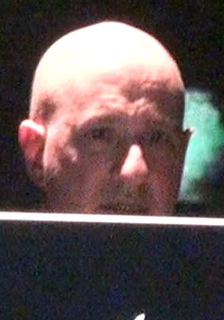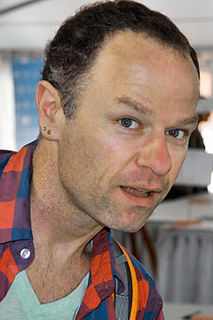A Quote by Sylvia Earle
It isn't too late to shift from the swift, sharp decline of ocean systems in recent decades to an era of steady recovery. There is time, and there is a growing awareness, which is the best way to counter indifference. People who know might care.
Related Quotes
I might inform those humanitarians who have a nightmare of new and needless babies (for some humanitarians have that sort of horror of humanity) that if the recent decline in the birth-rate were continued for a certain time, it might end in there being no babies at all; which would console them very much.
I thought that if the right time gets missed, if one has refused or been refused something for too long, it's too late, even if it is finally tackled with energy and received with joy. Or is there no such thing as "too late"? Is there only "late," and is "late" always better than "never"? I don't know.
We have the ability to be the ocean. And access all that infinite possibility, understanding, knowledge, awareness. Or we can get caught up in identifying ourselves as being the droplet, which cannot disconnect us literally from the ocean but does disconnect us from the awareness of the ocean, which means that we isolate our point of observation to that of the droplet. That’s when we identify with being the image in the mirror.
The first autonomous cars date back to the late 20th century. But recent increases in sophistication and reductions in cost - reflected, for example, in cheap LIDAR systems, which can 'see' a street in 3D in a way similar to that of the human eye - are now bringing autonomous cars closer to the market.
That’s why you have to write your book right now, if that’s what you want to do. If you wait until you have the time, and the security, you might not want to do it. You’re in a race against your own enthusiasm. Don’t put it off because someone told you it’s never too late. That’s the worst lie. It’s never too late today, but it’s often too late tomorrow.
I felt that if people understood the struggle of recovery, then some of the stigma of addiction might be reduced because the audience would understand in a palpable way that addiction is a disease that tells the afflicted, despite years or even decades of heartbreaking evidence to the contrary, that using will make things better.



































